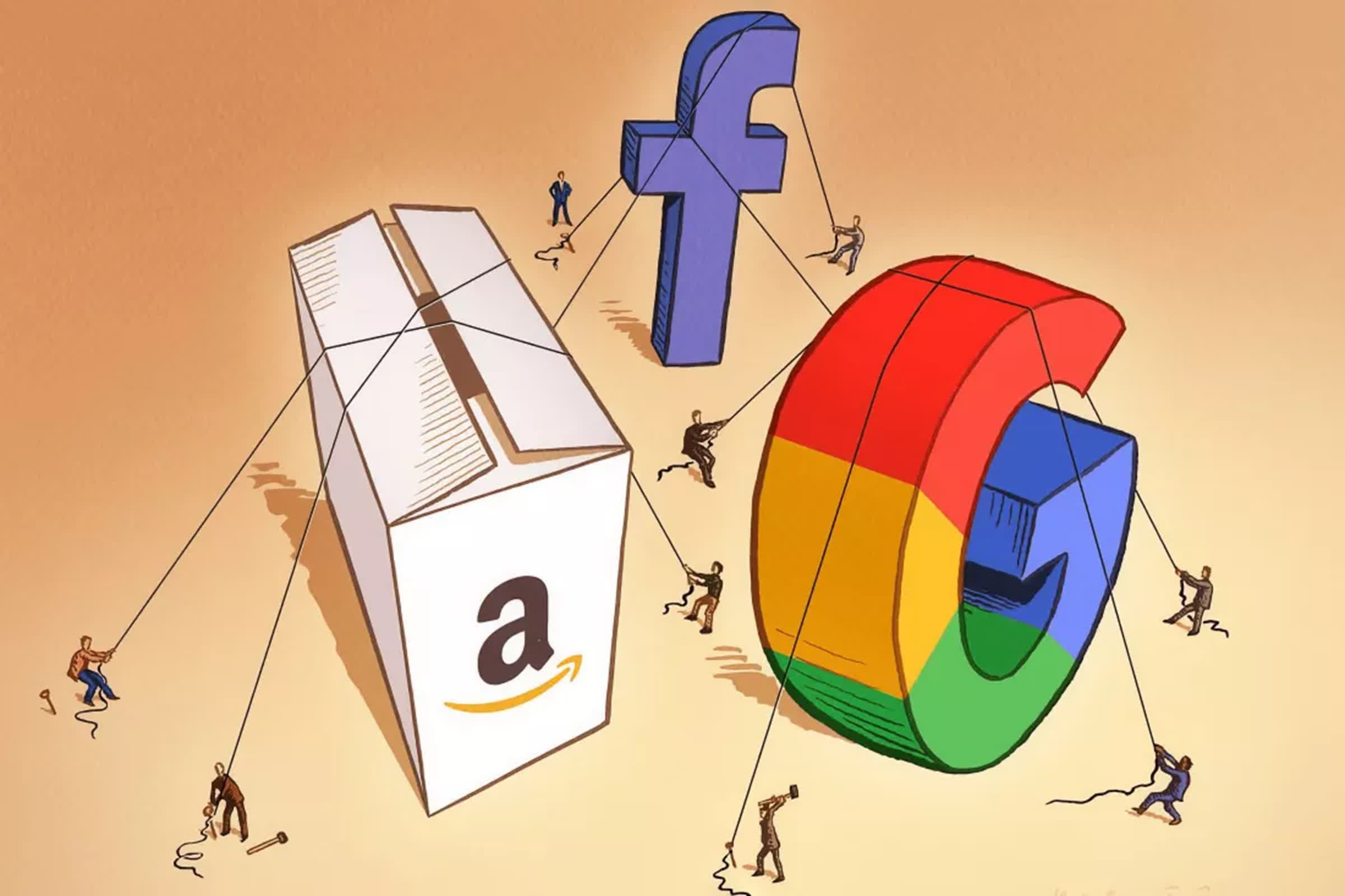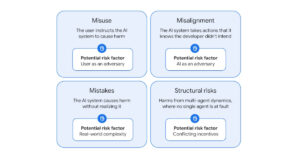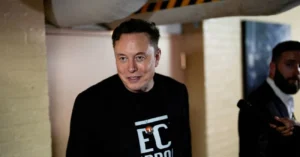Allegations Against DeepMind: Paying AI Employees to Remain Idle Instead of Seeking Other Jobs

The Impact of Noncompete Clauses at Google DeepMind
Understanding Noncompete Clauses
Google’s DeepMind, a key player in artificial intelligence (AI), has recently come under scrutiny for implementing strict noncompete clauses and extended notice periods for its employees in the UK. These agreements are designed to prevent employees from joining rival companies after their tenure with DeepMind, reflecting the intense competition for skilled AI professionals. However, this approach has raised concerns about its negative effects on innovation and career mobility within the sector.
Employee Experiences and Criticism
Former employees have voiced their frustrations regarding these restrictive contracts. Nando de Freitas, a previous director at DeepMind and now Vice President of AI at Microsoft, expressed his concerns on social media. He stated that many current DeepMind staff reach out to him in despair, seeking advice on how to navigate the challenges posed by notice periods and noncompete agreements. According to him, these clauses can effectively keep talented AI developers sidelined from new opportunities for up to a year, which he describes as an "abuse of power."
Legal Landscape for Noncompete Clauses
The legal standing of noncompete agreements varies significantly by region. In the UK, these clauses are enforceable as long as they are regarded as reasonable to protect legitimate business interests. Conversely, some US states, such as California, have abolished noncompete clauses altogether. This makes it challenging for UK-based AI professionals to move freely between companies, unlike their counterparts in more permissive jurisdictions.
Tailored Noncompete Agreements
Based on reports from anonymous former DeepMind employees speaking to publications like Business Insider, the company customizes the length of noncompete clauses depending on an employee’s role and seniority. For example, individual contributors involved in high-stakes projects like Google’s latest AI endeavors may face six-month restrictions, while senior researchers often have to deal with year-long agreements. During the notice period, some employees may be placed on "garden leave," where they receive full compensation but are barred from seeking work elsewhere.
Company Justifications
Google has defended its use of noncompete agreements, asserting that their employment contracts align with industry standards. A spokesperson pointed out that noncompetes are selectively applied, emphasizing the sensitive nature of their projects as justification for their implementation.
Growing Concern in the AI Community
Critics argue that such clauses are increasingly out of touch with the fast-moving environment of AI development. The rapid pace of innovation in the sector means that a six-month or year-long gap in employment can significantly hinder career advancement. Many professionals worry about missing out on exciting opportunities at startups, which are often unable to wait months for an individual to be eligible due to noncompete agreements.
Former employees have even considered relocating to areas like California, where noncompete clauses are not enforceable, in search of more flexibility in their careers. This tension within the industry highlights the broader struggle between companies eager to safeguard their proprietary information and the individual rights of employees seeking career mobility.
Voices of Concern
De Freitas’ public critique sheds light on the ongoing conflict in the tech industry, where the battle for top talent is fierce. He urged existing employees to bring their grievances to the attention of DeepMind’s leadership, encouraging them to take a closer look at their contracts before agreeing to potentially restrictive terms.
The growing emphasis on noncompete agreements among tech firms signals a shift in the landscape. In earlier years, professionals working on high-impact technology had more freedom to transition between roles without the threat of legal repercussions. As AI continues to reshape industries worldwide, companies adopt stricter measures, signaling a competitive climate reminiscent of the financial sector.
For many in AI, the stakes are exceptionally high. The rapid advancements in the field evoke comparisons to significant historical races, with professionals feeling that even a brief head start could be the key to marked success.






